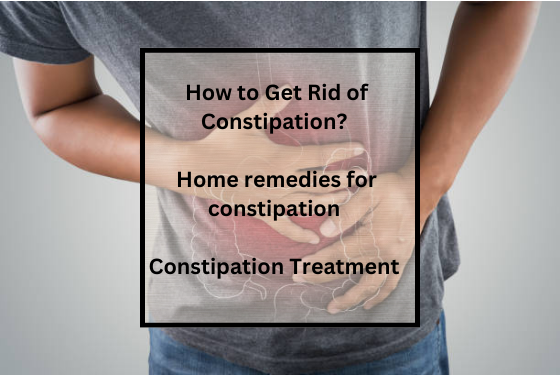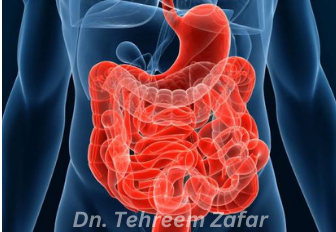Table of Contents
1) Introduction
4) Importance of Treating Constipation
10)
Conclusion
11)
Frequently
Asked Questions
Introduction
Constipation can be a common and uncomfortable issue, affecting people of all ages. It often leads to a range of unpleasant symptoms, but the good news is that it can be treated and managed effectively.
In this
article, we will explore the causes of constipation, its symptoms, and various
methods to alleviate it. So, let's dive into how to get rid of constipation and
enjoy better digestive health.
Causes of Constipation
Understanding the causes of constipation is essential for effective treatment. Some common reasons include:
Diet: Low
fibre intake, excessive consumption of processed foods, and inadequate
hydration can contribute to constipation.
Lifestyle: Lack
of physical activity and prolonged periods of sitting can slow down the
digestive system.
Medications: Some
medications, such as certain pain relievers, can cause constipation as a side
effect.
Medical
Conditions: Irritable bowel syndrome
(IBS) and hypothyroidism may lead to chronic constipation.
Common Symptoms
- Infrequent
bowel movements (fewer than three per week)
- Straining
during bowel movements
- Hard
or lumpy stools
- The feeling of incomplete emptying
- Abdominal discomfort or pain
Importance
of Treating Constipation
Untreated constipation can lead to more severe problems,
such as haemorrhoids, anal fissures, and faecal impaction. Therefore, it's
essential to address constipation promptly to prevent complications.
Dietary Solutions
Ø Increase
Fiber Intake
Diet plays a significant role in preventing and treating
constipation. You can increase your fibre intake by consuming more fruits,
vegetables, whole grains, and legumes. Fibre adds bulk to your stool, making it
easier to pass.
Ø Stay
Hydrated
Drinking plenty of water helps keep your stool soft and
facilitates smoother bowel movements. Aim for at least eight glasses of water
daily.
Ø Probiotics
Probiotics are "good" bacteria that promote gut
health. Consuming yoghurt or supplements containing probiotics may help regulate
your digestive system.
Lifestyle Changes
Ø Regular
Exercise
Physical activity stimulates bowel movements and prevents
constipation. Try to engage in moderate exercise for at least 30 minutes a day.
Ø Stress
Management
Stress can contribute to constipation. Incorporate
stress-reduction techniques like meditation, yoga, or deep breathing exercises
into your daily routine.
Over-the-Counter Remedies
Ø Fiber
Supplements
If you struggle to get enough fibre from your diet,
consider fibre supplements like psyllium husk or methylcellulose. They can help
soften your stool.
Ø Laxatives
Laxatives are a short-term solution for constipation. They work by promoting bowel movements but should be used sparingly to avoid dependence.
Prescription
Medications
In some cases, your doctor may prescribe medications to address severe or chronic constipation. These medications should only be used under the guidance of a healthcare professional.
When to Seek Medical
Help
If your constipation persists for an extended period, or if you experience severe symptoms such as blood in your stool, consult a healthcare provider. It could be a sign of an underlying medical condition that requires attention.
Conclusion
Constipation is a common issue, but with the right approach, you can effectively manage and prevent it. By making dietary adjustments, adopting a healthier lifestyle, and considering over-the-counter or natural remedies, you can get rid of constipation and enjoy improved digestive health.
Frequently Asked Questions
1) How
long is it too long to go without a bowel movement?
Having up to three bowel movements per week is generally considered normal. Going longer than this may indicate constipation.
2) Are
there foods that can worsen constipation?
Yes, certain foods like dairy products, red meat, and highly processed foods can contribute to constipation. Limiting their consumption may help.
3) Can
constipation be a sign of a more serious health issue?
In some cases, chronic constipation can be a symptom of underlying health conditions such as irritable bowel syndrome or thyroid disorders. If it persists, consult a healthcare professional.
4) Is
it safe to use laxatives for constipation?
Laxatives are generally safe for short-term use, but it's best to consult a doctor before relying on them regularly, as they can lead to dependency.
5) How
can I prevent constipation in the long term?
To prevent constipation in the long term, maintain a
balanced diet rich in fibre, stay hydrated, and engage in regular physical
activity. These lifestyle changes can significantly reduce the risk of constipation.



